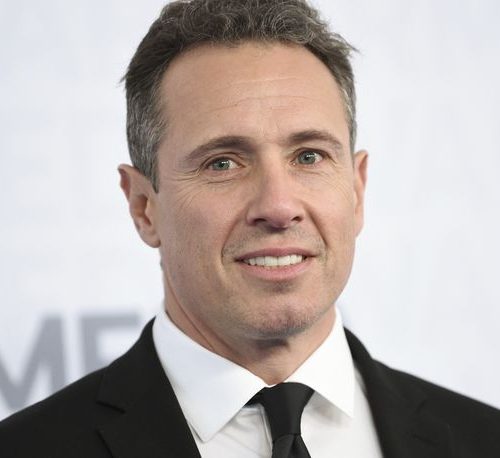Leonard Gilroy | AZCentral.Com
Troy Warren for PhoenixNewsAndTalk.Com #Business
Despite a booming economy and recovering tax revenues, Phoenix remains awash in nearly $5 billion in unfunded pension liabilities.
This pension debt acts as a fiscal albatross, forcing the city to dedicate approximately $400 million of its budget toward pension costs and related debt service each year.
The concern even prompted a citizens initiative two years ago that would have frozen most new city spending until the debt is paid down, but voters rejected the idea of constraining spending on city programs to focus on pension debt reduction.
At the City Council’s direction, city staff are exploring a $1 billion bond package that would be dedicated toward paying down pension debt, but that would still leave upwards of $4 billion in remaining pension debt on the city’s balance sheet.
One way to tackle the remaining pension debt would be to look for smart ways to leverage assets, and Sky Harbor International Airport may present a unique opportunity to fund retirement benefits.
An airport lease could generate billions
A new Reason Foundation report examines financial data for several dozen U.S. airports and, using data from a wide range of international airport transactions, estimates that a long-term lease (40 to 50 years) of Sky Harbor airport could generate between $1.5 billion to $2.9 billion in net proceeds to the city after all current airport debt is paid off.
For most in Arizona – or the entire United States, for that matter – the concept of “leasing an airport” may seem foreign, and in part it literally is.
Since the late 1980s, governments throughout the world have sold or leased their airports to investor-owned companies in a better position to manage, operate and invest in aviation infrastructure.
Today, most major global airports in Europe, Australia, Latin America and Asia are operated under majority private-sector ownership, allowing them access to expanded pools of capital for investment.
Airports in London, Paris, and Sydney are among those that have tapped private financing for new terminals, while airports in Frankfurt, London and Bogota are doing the same for new runways.
For perspective, of the largest 100 global airport operators, 38 are fully or partially investor owned, and those operators accounted for 49% of the nearly $100 billion in airport revenue in 2018.
The sooner we pay down pension debt, the better
San Juan International Airport in Puerto Rico was the first U.S. airport to complete a long-term lease, which has helped transform a formerly decrepit airport into a world class facility through expanded capital investment, as well as generating upfront revenue for additional infrastructure and other Puerto Rico needs.
This is not to suggest that Sky Harbor is a poorly managed asset or that the city is letting it languish. The airport has seen significant expansion and modernization over the last decade and is generally well regarded among peers.
What a long-term public-private partnership lease could potentially offer the city is the opportunity to unlock value currently trapped within the airport that could be deployed toward the city’s other pressing fiscal needs.
Such an important transaction cannot be taken lightly, though, and if Phoenix were to pursue this opportunity, they must do so with the requisite due diligence to maximize value, ensure top-notch facility maintenance, and manage important operational and financial risks.
Thanks to recent reforms to the Arizona Public Safety Personnel Retirement System and the city’s adoption of a lower risk benefit design for new city workers, much of Phoenix’s future pension risk is contained, and new-hire benefits have a low risk of generating unfunded liabilities like those seen today.
It’s the underfunding of pension benefits from past service that remain the problem, driving well over half of the city’s $400 million annual spending on pensions.
The sooner the city can pay down pension debt from past employee service, the sooner that hundreds of millions of funds are unlocked from the annual budget for Phoenix to deploy toward other public priorities and infrastructure needs.
Phoenix leaders would be wise to consider how leveraging Sky Harbor could eliminate pension underfunding and free up funds in the city budget, while maintaining an excellent experience for airport users.
In Other NEWS




































